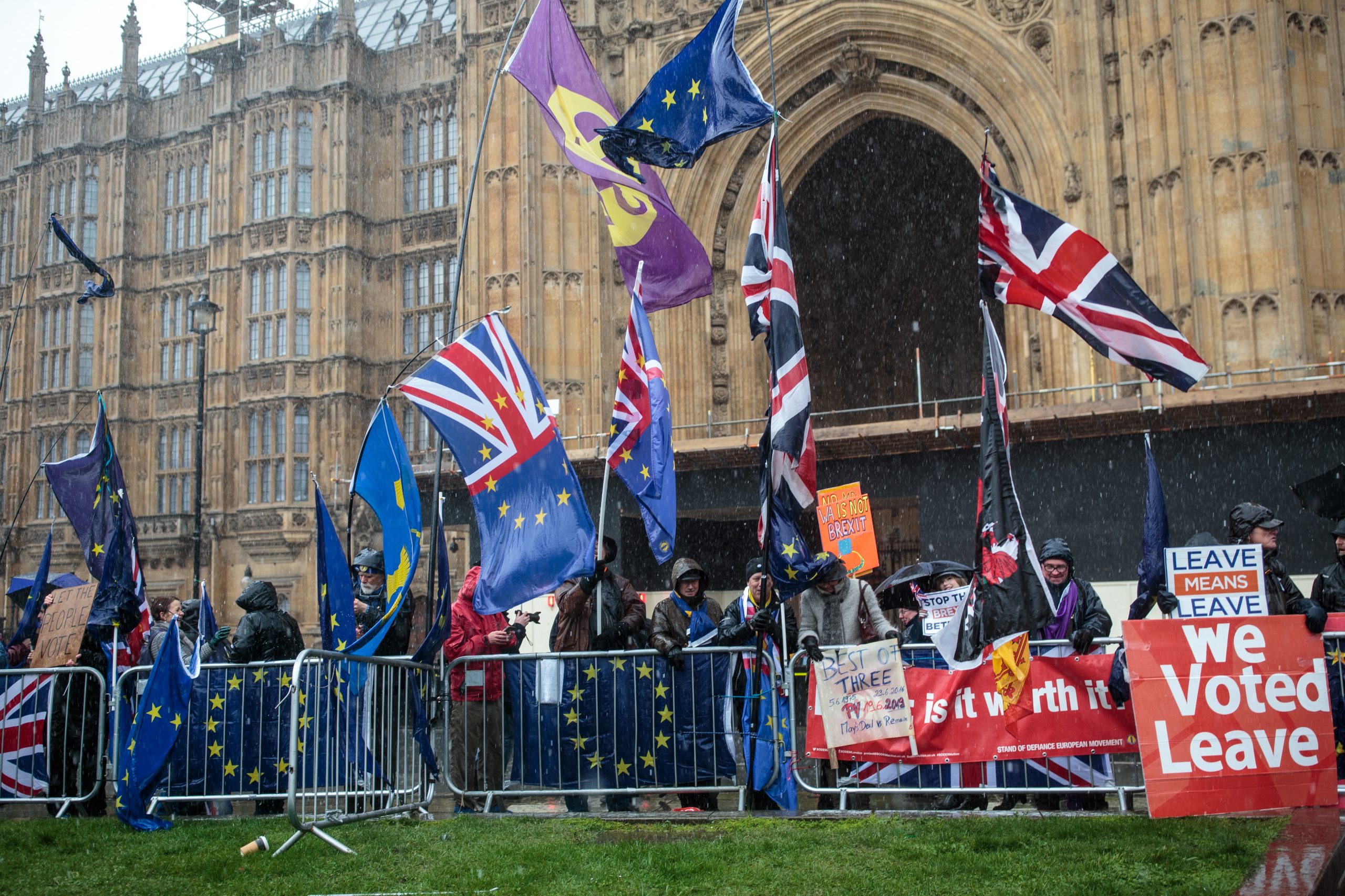
Everything’s coming up Theresa May? The House of Commons yesterday rejected a second referendum on the United Kingdom’s membership of the European Union, and voted down amendments to seek a three-month transition period to explore a softer Brexit.
Most importantly of all, 334 MPs voted to reject a second referendum amendment laid down by TIG MP Sarah Wollaston, with 18 Labour MPs defying Jeremy Corbyn’s instruction to abstain to do so. It highlights that even if Labour were to officially back a second vote in the House of Commons, there is no majority to be found for one in this parliament, not at the moment and very probably not ever.
Parliament’s supporters of the People’s Vote campaign – who also largely followed the campaign’s instruction to abstain on the second referendum vote – have long believed that a majority for a fresh vote will only emerge if it becomes a clear choice between that and the cliff. Many more at Westminster assume that no deal won’t happen because when faced with a choice between the cliff and anything else they’ll choose anything else.
But will they? It’s 15 March and while an extension past 29 March is now all but certain, shouldn’t minds be concentrating a little bit now? The truth is that yesterday’s second referendum vote was about leveraging Remain votes from Labour by the anti-Brexit parties, something that the SNP and Plaid Cymru appear to be doing fairly successfully in Scotland and Wales, and the Greens, TIG and the Liberal Democrats will hope to do with equal success in England. There’s no sign of putting party advantage aside from there.
As for Labour, that 18 of the party’s MPs were so keen to send a message to their voters about their commitment to Brexit that they wouldn’t even abstain on a motion doomed to certain defeat, and weren’t willing to risk the wrath of their members by backing the withdrawal agreement, shows that there is no sign of putting aside political advantage from the main opposition either.
But at least the various opposition parties can agree on extension rather than bickering their way over the cliff on 29 March. The Conservative Party can’t even do that. A host of ministers, including seven cabinet ministers, voted to defy May by rejecting the Commons motion to extend the Article 50 deadline, which only passed thanks to the support of the opposition parties. A majority of Tory MPs voted against extension.
It’s an open secret that many of those Conservative MPs who voted against extension believe that one will be needed, and some even favour a Norway-type Brexit.
So the question for anyone at this stage still confidently asserting that “good sense” will assert itself is: when, exactly? I remember when the conventional wisdom was that MPs would put their policy judgement over their political interests in February. Then it was the end of February. Then the beginning of March. Then the middle. Now it seems to be that minds will start to concentrate when the real cliff-edge at the end of the extension comes into view in June.
The conventional wisdom may yet be right. But we should all be nervously aware that the moment of truth keeps getting pushed back and that it may in fact never arrive at all.






